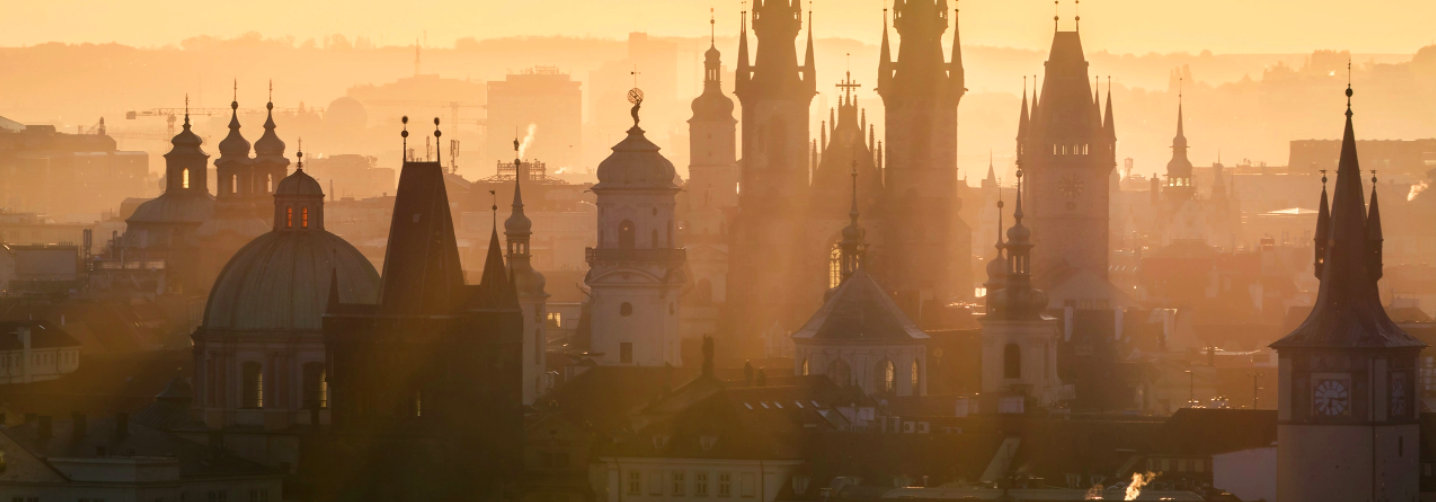Conference dates: 28th to 30th of June 2023
Deadline for submission of abstracts: 10th of July 2022
Organisers: Czech Technical University, with Amps, Intellect Books, and UCL Press
2023 marks the twentieth anniversary of the UNESCO Convention on Cultural Heritage. It established culture as a concept to be safeguarded. That event came three decades after the World Heritage Convention. Through that, UNESCO had set up its World Heritage List of protect sites and buildings. The intervening years have seen multiple shifts in how we define heritage – as both material objects and social traditions. Today more than ever before, the distinction is blurred. The streets on which we live, the edifices we design and the monuments we protect are all connected to the lifestyles, traditions and social groupings we celebrate and safeguard.
What we mean by heritage today then, is an open and diverse question. Our buildings and environments, our cities and neighborhoods, our memorials and our artworks, our cultures and communities are all component parts of what we understand as ‘preservable’ history. The dynamics at play are however complex. Conserving architectural heritage can conflict with development models. Community traditions are threatened by globalization. Monuments are often focal points for cultural contestation. Archeological sites are valued in themselves and simultaneously erased conflict and ‘progress’.
However, the past and the present also overlap and mutually support. Placemaking sees built and cultural heritage as key to urban practice. Contextualization is central to planning laws. Museums are site for communities and display. Heritage organsiations preserve buildings and educate the public. Galleries present historical art while debating meanings in contemporary terms.
Reflecting this scenario, this conference seeks papers on heritage from various standpoints: art and architecture historians concerned with preservation; architects and urban planners engaged with placemaking; cultural theorists and social historians documenting objects, places, people and events. It welcomes case studies that are specific and place-based. It embraces theoretical frameworks that function globally. It is interested in variegated methods of research and analysis.
For more details please go here.










